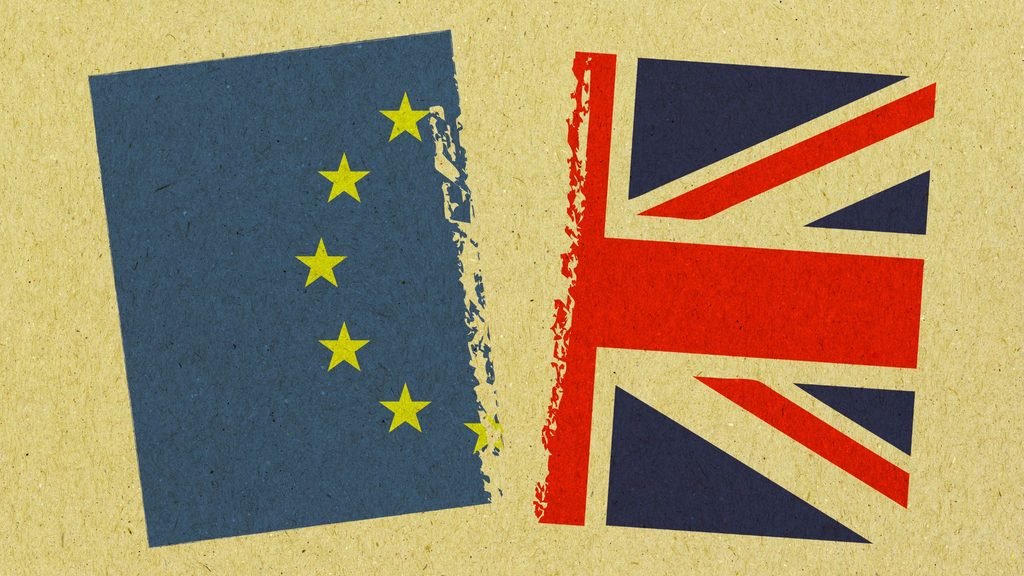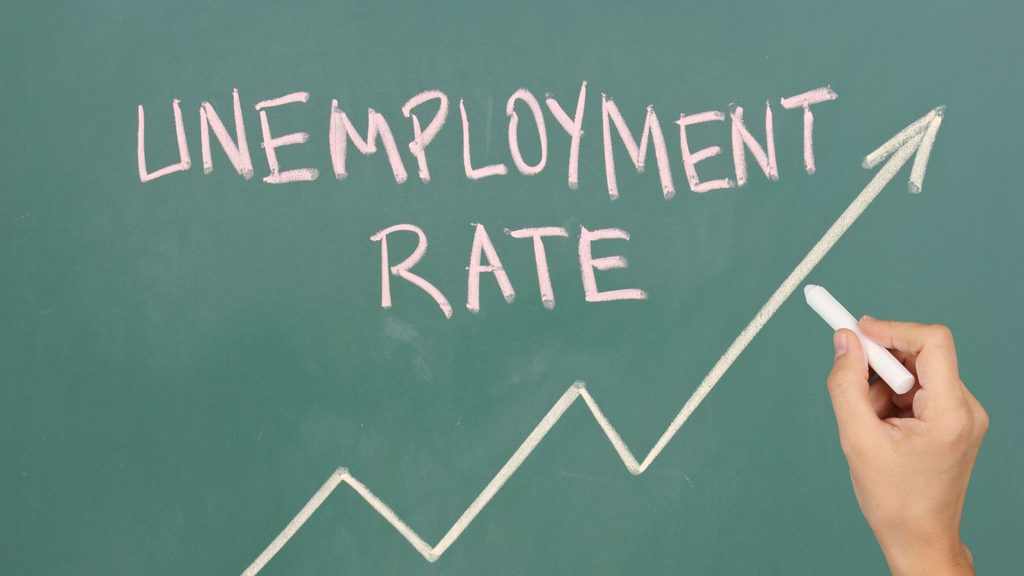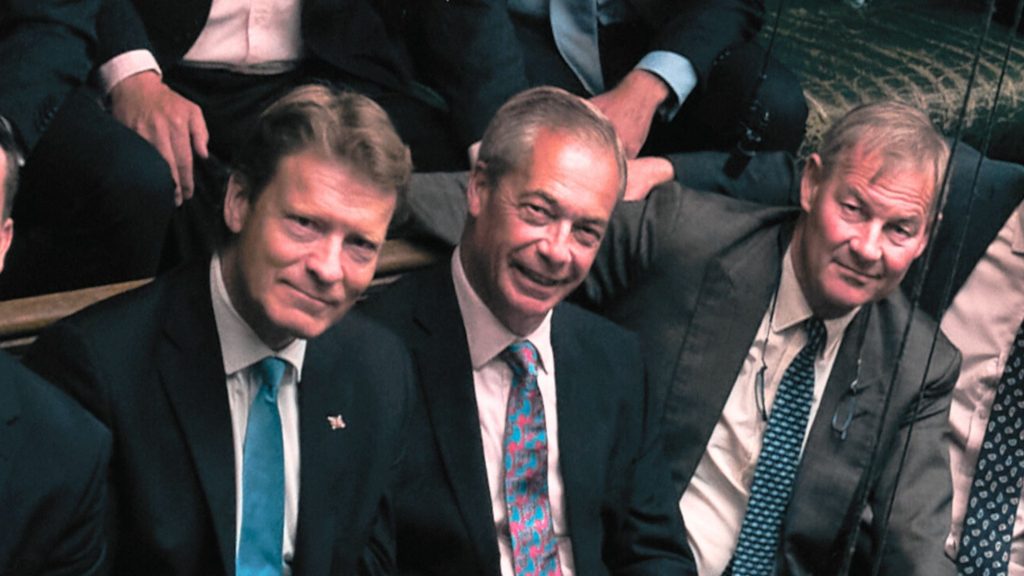Brexit has left the UK with up to £90bn a year less in tax revenue than it would otherwise have, according to new analysis being used by the Liberal Democrats to demand a fundamental rethink of Britain’s relationship with the EU on the eve of Rachel Reeves’s first budget as chancellor.
The party has drawn on a new US-based economic study and fresh calculations by the House of Commons Library to argue that leaving the EU has cut UK gross domestic product by between 6% and 8% by 2025. Applied to current Treasury figures, the Commons Library estimates that this smaller economy translates into between £65bn and £90bn less in annual tax receipts in 2024–25 – equivalent, at the upper end, to roughly £250m a day.
The underlying study, published this month as a working paper by the US National Bureau of Economic Research, is authored by Nicholas Bloom of Stanford University and co‑authors including current and former Bank of England economists. Using macroeconomic simulations and detailed survey data from thousands of UK firms, it concludes that by 2025 investment is 12–18% lower, employment 3–4% lower and productivity 3–4% lower than if Britain had remained inside the EU.
According to the Commons Library note, requested by the Liberal Democrats, the revenue impact is calculated mechanically by applying the UK’s current tax-to-GDP ratio of 34.7% to the estimated output gap. On a 6% GDP shortfall, the researchers say the economy would need to be about 6.4% larger to match the no‑Brexit path, yielding about £65bn more in tax. On an 8% shortfall, the gap rises to 8.7% of GDP and around £90bn in revenue. The Lib Dems say this implies a hit of about £2,700–£3,700 per person.
Ed Davey, the Liberal Democrat leader, said the figures showed that the Leave campaign’s promise to “save” money by quitting the EU had been turned on its head. “Brexit actually cost us £250m a day in 2025,” he said, arguing that lost growth and revenue were helping drive “the highest taxes in modern times, sky‑high bills and a brutal cost of living crisis”. He accused both the Conservatives and Labour of accepting the economic damage while refusing to reopen the Brexit settlement.
The party is using the analysis to bolster its call for a new customs union with the EU, which it argues would reduce trade frictions and partially reverse the long‑term output losses. Its Europe spokesperson, Al Pinkerton, is due to introduce a Ten Minute Rule Bill in the Commons on 9 December setting out proposals for a bespoke customs union covering most goods, under which the UK would align tariffs with Brussels and be consulted on future EU trade deals. The bill is not expected to pass but is intended to force a symbolic vote.
The intervention comes as Reeves prepares to deliver her first budget on Wednesday against a backdrop of weaker‑than‑expected growth and warnings from the Office for Budget Responsibility that Brexit will leave the economy permanently smaller. The OBR currently assumes that the UK’s post‑Brexit trading arrangements will reduce long‑run productivity by around 4%, mainly through lower trade intensity, and has repeatedly highlighted disappointing business investment since the 2016 referendum.
Both Reeves and the prime minister, Keir Starmer, have acknowledged that Brexit has weighed on the economy, alongside more than a decade of austerity, but have ruled out rejoining the EU single market, customs union or restoring freedom of movement. Instead they are pursuing what they describe as a pragmatic “reset” with Brussels built around sector‑by‑sector agreements, such as closer cooperation on energy, defence procurement and research, rather than treaty changes of the type demanded by the Lib Dems.
Economists said the new NBER paper broadly chimed with previous independent work suggesting a mid‑single‑digit to high‑single‑digit GDP loss from Brexit over the long run, although the 6–8% range is towards the top of earlier central estimates. They also stressed that the paper remains a working paper, not yet peer‑reviewed, and that all such exercises depend on modelling a counterfactual “no‑Brexit” world that cannot be observed directly. Pro‑Brexit economists and groups such as the Institute of Economic Affairs have repeatedly argued that such models overstate the damage and underplay future gains from regulatory autonomy and new trade deals.
The Commons Library itself cautions that its revenue numbers are illustrative and based on a fixed tax‑to‑GDP ratio, without attempting to model how a different growth path might change tax policy, behaviour or the composition of receipts. Nonetheless, the Lib Dems argue that the order of magnitude underlines the fiscal consequences of the 2016 decision and the constraints now facing Reeves as she weighs tax rises and spending choices.
In other developments at Westminster on Tuesday, parties set out their stalls ahead of the budget on a series of domestic policy fronts. Ministers signalled plans to expand the existing levy on sugary drinks, increase funding for NHS health centres and revive proposals for a third runway at Heathrow airport, while renewed calls for wealth taxes surfaced from parts of the left and some campaign groups, highlighting the mounting pressure on the Treasury to find new revenue sources.
Separately, Reform UK leader Nigel Farage faced intensified criticism from political opponents over alleged links to Russian interests and past comments condemned as racist, following renewed scrutiny of the party’s stance on Moscow. Starmer reiterated his call for Reform to investigate and explain any pro‑Russia connections involving its figures, adding to an already febrile political atmosphere ahead of Wednesday’s fiscal statement.
With the budget less than 24 hours away and the customs union bill due in early December, the new research ensured that the economic legacy of Brexit – and how far any government should seek to revisit it – moved back to the centre of Westminster’s arguments over growth, taxation and Britain’s future direction.







Comments
No comments yet. Be the first to comment!